With repeat injections over time, you may be able to slow the development of new wrinkles
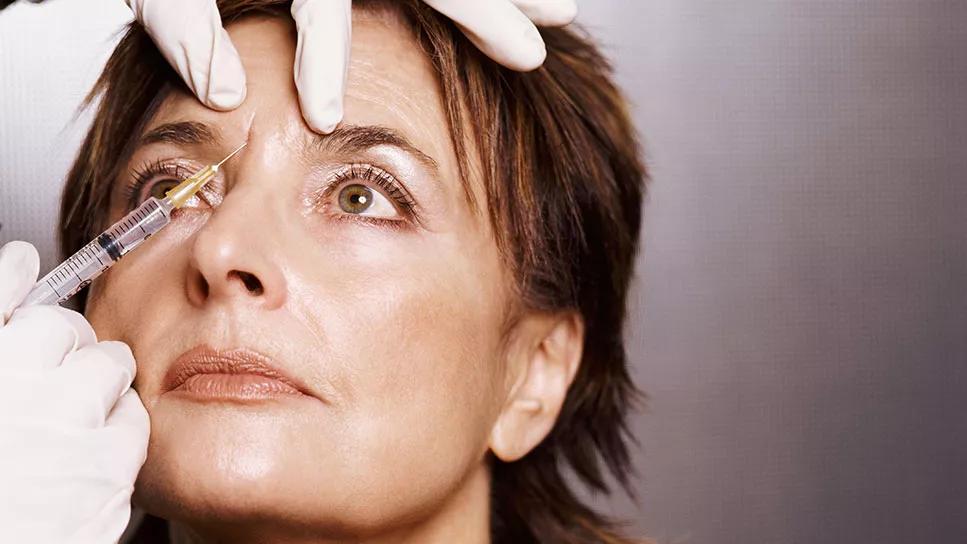
Did you know that Botox® is the most frequently performed cosmetic procedure in the United States? It makes sense if you think about it. And not just because it’s a very popular treatment. The effects of Botox injections are temporary, lasting only about three to four months.
Advertisement
Cleveland Clinic is a non-profit academic medical center. Advertising on our site helps support our mission. We do not endorse non-Cleveland Clinic products or services. Policy
“Injections aren’t like a faucet, where you turn it on and off,” says cosmetic surgeon James Zins, MD. “It’s a gradual loss of the effect.”
That means that if you like the way the injections make you look (or feel, if you’re getting them as part of treatment for a medical condition), then you’ll have to go back for more injections if you want to maintain the effect.
But what happens if you keep getting injections indefinitely? Research on the long-term effects of Botox and other neurotoxin injections, like Dysport®, Xeomin® and Jeuveau®, is limited but ongoing. Here’s what we know.
Video content: This video is available to watch online.
View video online (https://cdnapisec.kaltura.com/p/2207941/sp/220794100/playManifest/entryId/1_4shxiqqr/flavorId/1_5f3sgelj/format/url/protocol/https/a.mp4)
If you want to maintain that wrinkle-free (or wrinkle-reduced) look, you’ll have to continue getting injections every few months or so. And in time, you may notice some changes from when you first started getting them done — but these effects are all reversible if you stop getting injections.
“Botox is temporary, so if there’s any adverse effect, that’s temporary as well,” Dr. Zins states.
Then again, the opposite is true, too: If you stop getting injections, you’ll also stop seeing the benefits of injections. Hello (again), fine lines and wrinkles!
It’s up to you to sort through the pros and cons list for yourself (along with your healthcare provider) to figure out whether continuing injections is right for you. Here are some of the long-term effects to be aware of.
Advertisement
Have you ever gotten really into exercising and then stopped doing it for a few weeks? When you try to get back into it, you find that you’ve lost muscle strength and tone. That’s because muscles that don’t get used very often start to weaken.
“Botulinum toxin actually blocks neuro-communication between the nerve and the muscle, causing weakening or paralysis of that muscle,” Dr. Zins explains. If you continue to get injections over time, your muscles start to weaken from lack of use.
“If it’s used for a prolonged period of time, it can cause some muscle atrophy, or wasting of the muscle,” he says. “It’s been used in the calves, for example, like if a person has large calves and wants to slim them down.”
In that example, the calves become slimmer because the calf muscle atrophies from lack of use. But again, if you stop getting injections, your muscles will begin to regain their strength.
Want to turn that frown upside down? Botox injections may do the trick.
“With chronic use, sometimes, we can modify this behavior,” Dr. Zins says. “We find that with repeated injections, people don’t frown as much, like if we inject the elevens — those vertical lines that appear between the eyebrows.”
Makes sense, right? Getting injections around your mouth prevents you from frowning, so those muscles may eventually “forget” to frown. It may also be related to muscle atrophying, though scientists aren’t yet certain.
When you first start getting injections, Dr. Zins says that they generally last for three to four months, with a gradual loss of effect over time. (The exact length of time varies from person to person, as well as by dosage, with data showing that higher doses tend to last longer).
But when your muscles get used to the effects of the toxin, they start to weaken, which means that future injections may last longer than your initial ones did.
“It seems like they may last longer with chronic use,” he says, “though there’s not strong data to support it.”
This could save you money and time by enabling you to receive smaller doses and make your follow-up appointments farther apart.
In your younger years, getting mini doses of Botox (known as Baby Botox) may have a preventive effect that keeps wrinkles from developing as quickly or as intensely. But there’s not yet enough evidence to say for certain.
“We don’t have hard data to support that theory, but it’s a reasonable assumption,” Dr. Zins posits. “Again, the concept there is that getting Botox injections breaks the habit of frowning and either trains the muscles or causes them to weaken so they’re not as active.”
Want to hear something really interesting? Back in 2006, a study looked at the effects of long-term Botox on a set of twins: One twin received regular injections for 12 years, while the other had injections done just twice. Even seven months after their last injections, the twin who got regular Botox had less noticeable crow’s feet than their sibling.
Advertisement
Dr. Zin notes that the older you get (and the more set your wrinkles are) the less impact Botox injections alone can have.
“When frown lines are present at rest, usually around age 60 or so, then Botox is not going to be as effective as it is when you’re younger and your frown lines are present only with motion,” he explains. In these cases, your provider may suggest adding in dermal fillers for better effect.
Cosmetic Botox injections aren’t exactly a thrifty expense. The American Society of Plastic Surgeons reports that the average cost of botulinum toxin injections is $528.
That adds up, especially throughout the years, making Botox an expensive and sometimes cost-prohibitive procedure.
Some people think that getting injections for many years has caused their skin to get thinner in the area of their injections, though there’s no scientific data to prove a connection. On the other hand, some studies suggest that Botox injections may improve your skin’s elasticity.
But one thing is for sure: Eventually, your skin gets thinner as you age, period — whether you’re getting Botox injections or not. It’s just part of the human experience!
If you stop getting Botox injections, their effects will fade with time. If you don’t go back for more, their results will eventually disappear.
Advertisement
“Botox is temporary,” Dr. Zins reiterates, “so once the treatments have stopped, the effect goes away.”
Advertisement
Learn more about our editorial process.
Advertisement
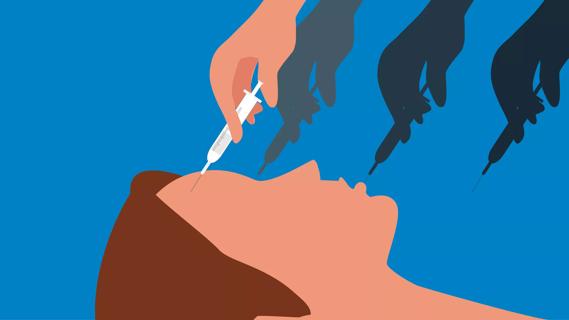
Most recommended precautions center around minimizing bruising or swelling
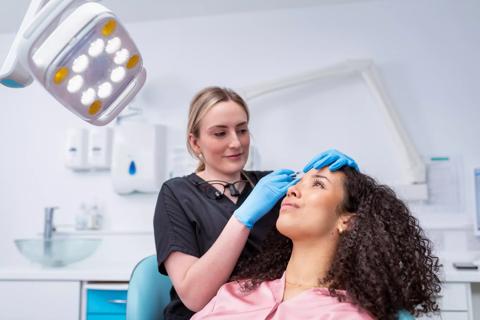
The cosmetic injection may help train your muscles out of frowning, but there’s no hard data to say for sure
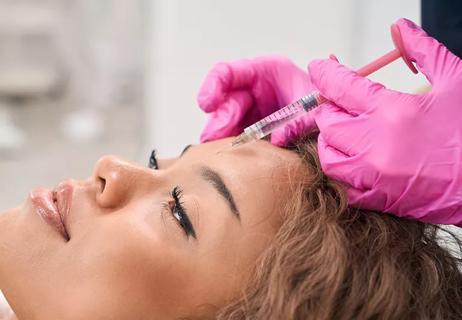
One reduces wrinkles by relaxing muscles; the other adds volume and smooths skin
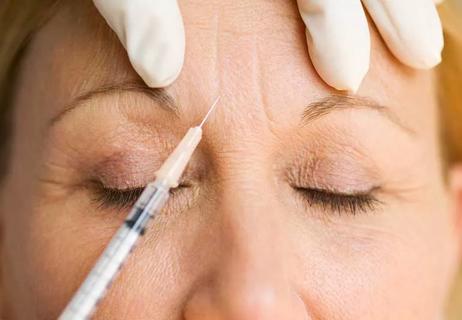
They both treat fine lines and wrinkles, but how they’re made and how long results last differ
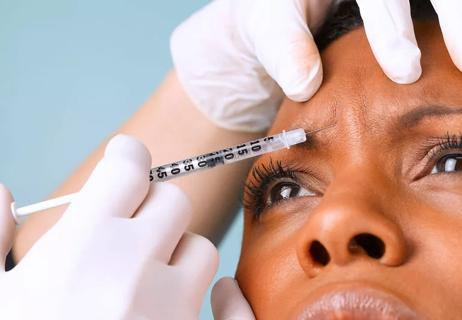
The big difference with this procedure is the smaller dosing
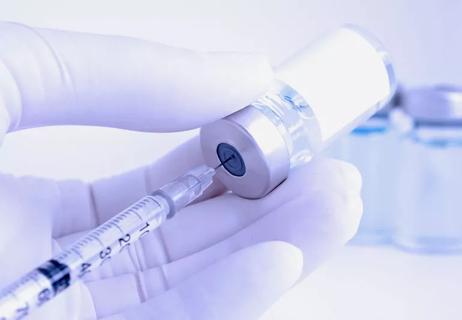
It’s an FDA-approved treatment for urinary incontinence and overactive bladder
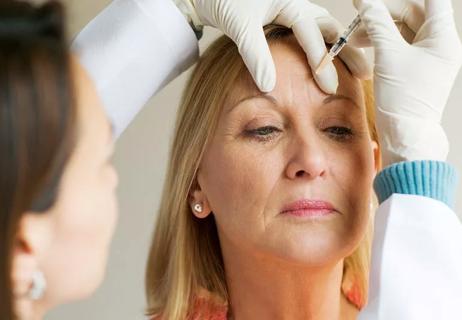
Both are used to treat fine lines and wrinkles
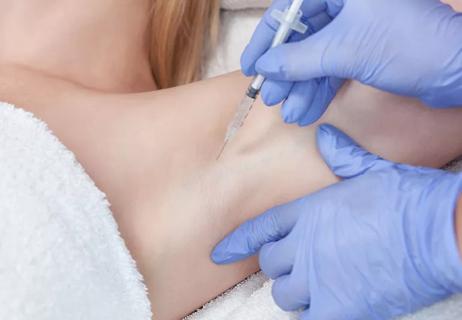
If you're tired of products that don’t stop your serious sweating, Botox could be life-changing

Wearing a scarf, adjusting your outdoor activities and following your asthma treatment plan can help limit breathing problems

Your diet in the weeks, days and hours ahead of your race can power you to the finish line

When someone guilt trips you, they’re using emotionally manipulative behavior to try to get you to act a certain way